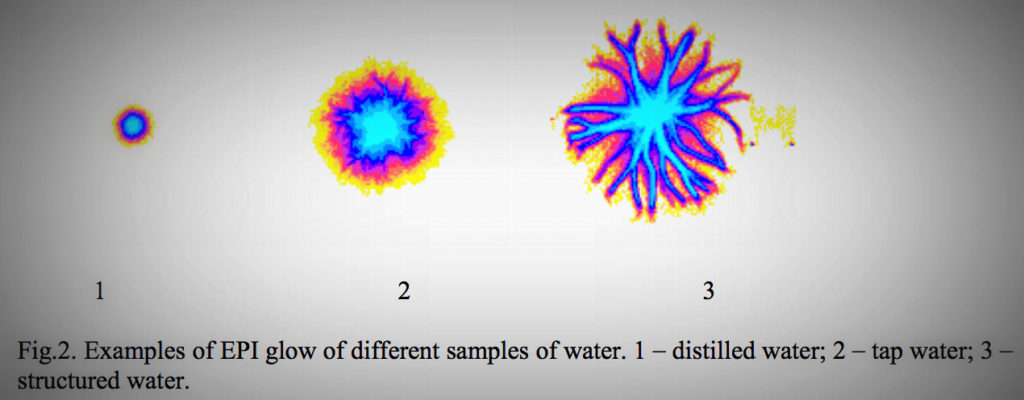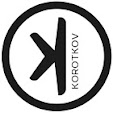Rotwein unter Hochspannung: Mehrjährige QualitätsUntersuchung
mit Gas-Discharge-Visualisation (GDV)
C.Bigler, D. Levite, M. van der Meer, A. Kaufmann und F.P.Weibel
Keywords: GDV, wine, bio-dynamic, quality, holistic methods
Abstract
We investigated whether we can detect any differences in red wines produced either by bio-dynamic or by standard organic agriculture. We used standard methods to investigate the quality of the wines and Gas-Discharge-Visualisation (GDV) method to investigate a holistic quality of the wines. With the GDV-method, samples are exposed to high voltage. The halo-like gas discharge caused by a burst of electron emission of
the sample is captured by a digital camera underneath a transparent, dielectric surface. The wine samples measured originate from an On-Farm experiment in South of France with two separately managed but neighbouring blocks (same soil and climate conditions): bio-organic and bio-dynamic. Apart from the use of bio-dynamic preparations, plant protection and fertilization was the same in both blocks. The vinification of the sampled grapes was made in two replicates which were analysed separately. During the three years of examination, the bio-dynamic samples did not reveal significant differences when assessed with standard methods (sensory triangle test, polyphenol analysis etc.). However, with GDV measurements the values for the image-parameter “mean intensity” were mostly higher for the wines from biodynamically produced grapes. In a „mixed effect model“ (GDV-parameter „mean intensity“ as dependent variable, replication und cultivation-system as fix and year as random effect) the difference was statistically significant. We conclude that the GDV method has an interesting potential to detect very sensitively differences in food attributes. However, in order to interpret the results in terms of consumer-relevant quality further research is needed.
the sample is captured by a digital camera underneath a transparent, dielectric surface. The wine samples measured originate from an On-Farm experiment in South of France with two separately managed but neighbouring blocks (same soil and climate conditions): bio-organic and bio-dynamic. Apart from the use of bio-dynamic preparations, plant protection and fertilization was the same in both blocks. The vinification of the sampled grapes was made in two replicates which were analysed separately. During the three years of examination, the bio-dynamic samples did not reveal significant differences when assessed with standard methods (sensory triangle test, polyphenol analysis etc.). However, with GDV measurements the values for the image-parameter “mean intensity” were mostly higher for the wines from biodynamically produced grapes. In a „mixed effect model“ (GDV-parameter „mean intensity“ as dependent variable, replication und cultivation-system as fix and year as random effect) the difference was statistically significant. We conclude that the GDV method has an interesting potential to detect very sensitively differences in food attributes. However, in order to interpret the results in terms of consumer-relevant quality further research is needed.

